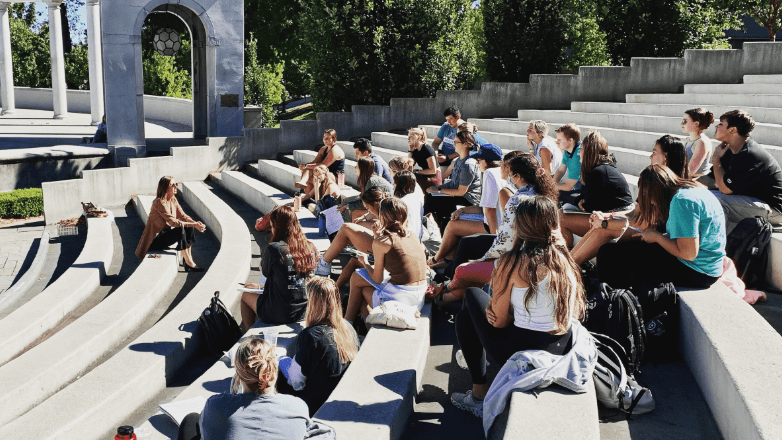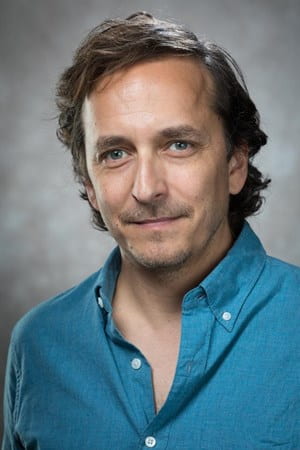KNWA’s Ninette Sosa recently profiled the fall 2019 Visiting Distinguished Professor Brent Renaud. Renaud discussed his time at the UofA and his podcast “American Jihadi.”
To see the story on KNWA here.
UA’s visiting professor producing podcast “American Jihadi”
FAYETTEVILLE, Ark. (KNWA) — From telling a story via film to telling a story via audio is what the J. William Fulbright College of Arts & Sciences Visiting Professor at the University of Arkansas is working on as his next endeavor.
Brent Renaud — writer, photographer, 2019 Nieman Journalism Fellow at Harvard University, and Peabody Award-winning documentary filmmaker — has been at the university for the 2019 fall semester working, and learning, from students. Something he said gave him exposure to great teachers, smart kids, and fantastic facilities. “It’s the kind of place I would like to study if I was a young aspiring journalist today,” said Renaud, an Arkansas native. “I have been pleased to learn that [UA] students are working hard to be as proficient in multiple mediums. There are great jobs out there in journalism, but they require a skilled multi-dimensional journalist.”
As Renaud wrapped up the UA visit, he will next work on a multi-series podcast titled, “American Jihadi,” that will air on the Endeavor Audio network on December 2, 2019.
The eight-part series tells a compelling, almost surreal story, about an Alabaman who was raised as a Southern Baptist. Omar Hammami became an Islamic terrorist who, in 2007, had a federal arrest warrant issued and in 2012 was added to the FBI’s “Most Wanted Terrorists” list. The podcast tells the story of a “secret” friendship between Hammami and journalist Christof Putzel.
The filmmaker described points of interest while producing the podcast:
“American Jihadi, is at its heart a story about a relationship between an ambitious journalist and an alleged terrorist. The correspondence they maintained for years under encryption, is riveting. I’ve never heard or seen anything like it. Those of us who do this kind of immersive journalism, where we get very close to our subjects, know that it is rife with ethical dilemmas. This story demonstrates just how fraught those relationships can be. ”
Renaud, whose stellar filmmaking reputation has been proven time and again, hopes to carry over that success for the “American Jihadi” podcast. As a writer and nonfiction storyteller, he said podcasting is pretty intuitive. “The kind of character-driven narrative podcasts I am interested in making, have a lot in common with vérité documentary films,” he said. “The audio recorded in the field with the characters should drive most of the action.” As for the biggest difference, “it’s using written words to describe what I am used to showing with pictures, in silence.”
And one challenge for him is to find the right voice for narration, “every story demands something slightly different,” he said.
As a visiting professor, Renaud had a chance to hear from students as he “visited” classrooms, and it was a positive experience for both Renaud and students.
Raymond McCaffrey, director of the Center for Ethics in Journalism said that students seemed to instantly connect with Renaud and his powerful work as a multimedia journalist.
“Brent was able to teach students about the ethical challenges that journalists face when using new technology in the newsgathering process,” McCaffrey said. “His work also revealed how technological advances can lead to cutting-edge journalism when in the hands of a skilled journalist who knows his ultimate obligation is to the story and the audience. Watching a younger generation of news consumers becoming enthralled by these stories suggests that there is a hunger for authentic journalistic work that chronicles the human drama that exists beyond the daily headlines.”

